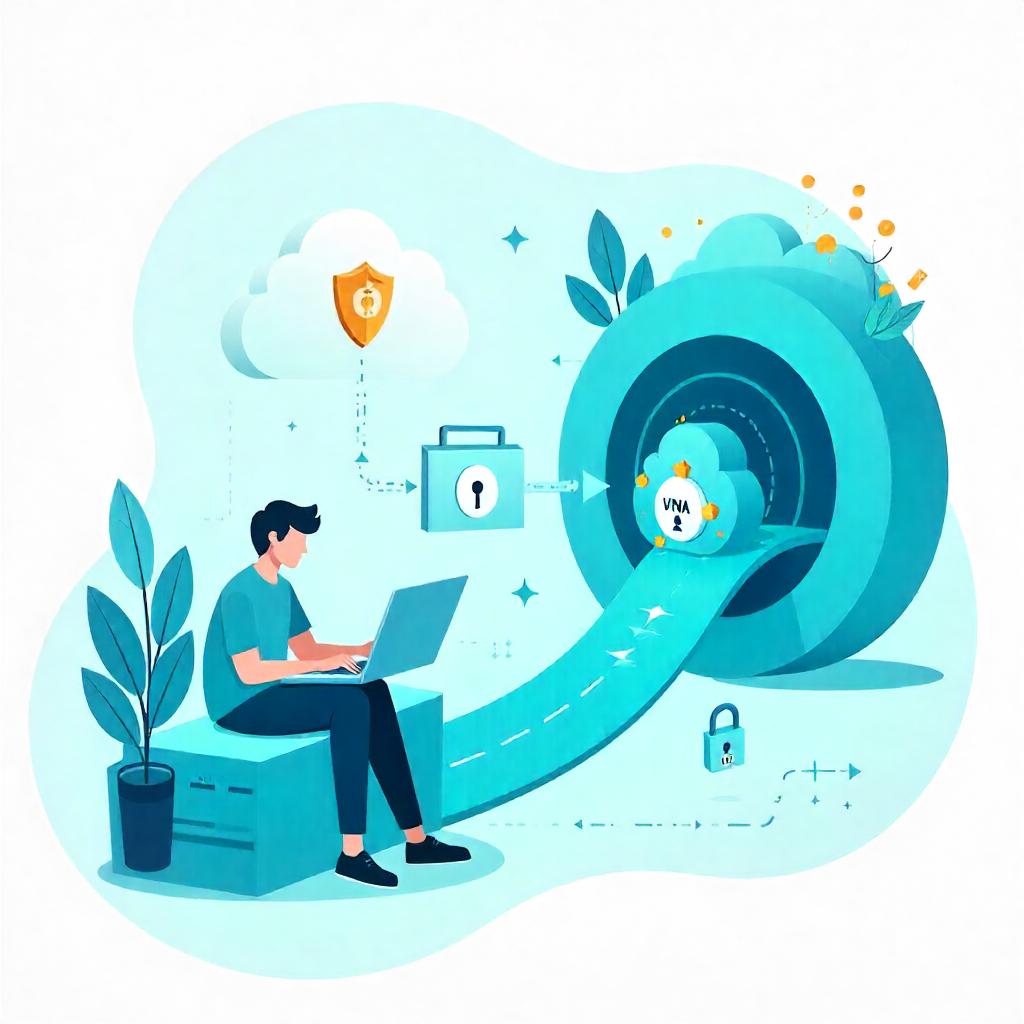Please Install And Activate Gtranslate Plugin
About us
It takes more than a private internet browser to go incognito. We’ll make your real IP address.
Your IP Address:
- 216.73.216.96, 104.23.197.5
Your Location:
- ,
Your Status:
Unprotected
It takes more than a private internet browser to go incognito. We’ll make your real IP address.
Unprotected
VPN tunneling is a fundamental technology behind any Virtual Private Network (VPN). It involves transmitting your internet data securely through an encrypted connection that links your device (such as a smartphone, laptop, or router) to a remote VPN server. This encrypted pathway—commonly referred to as a “tunnel” ensures that your online activity stays hidden from prying eyes like internet service providers (ISPs), cybercriminals, advertisers, and surveillance agencies.
Think of VPN tunneling like sending confidential information through a protected digital pipeline. Your data travels inside this “tube,” invisible to outsiders, ensuring both privacy and integrity.
When you use a VPN like CoverMeVPN, your data undergoes the following stages:




Online Privacy: Keeps your browsing history private from ISPs, governments, and hackers.
Wi-Fi Security: Protects sensitive data on unsecured public networks.
Bypass Geo-Restrictions: Gain access to websites and content blocked in your region.
IP Masking: Hides your real IP address and assigns a new one from a different location.
Data Integrity: Prevents tampering or alteration of your data during transmission.
| Feature | Description |
|---|---|
| Military-Grade AES-256 Encryption | Ensures top-tier data security |
| Strict No-Logs Policy | Guarantees privacy and compliance |
| 3,000+ High-Speed Global VPN Servers | Fast and reliable servers worldwide |
| Kill Switch & DNS Leak Protection | Prevents data leaks if connection drops |
| Split Tunneling | Choose which apps use VPN and which don't |
| Multi-Device Support | Connect up to 10 devices at the same time |
Q: What is the primary function of a VPN tunnel?
A: A VPN tunnel creates a secure and encrypted connection between your device and a VPN server, ensuring that all data transmitted is protected from unauthorized access. This encryption makes your online activity private and secure, especially on public networks.
Q: How does a VPN tunnel differ from a regular VPN connection?
A: A VPN is the overall service that provides a secure and private internet connection. The VPN tunnel is the specific, encrypted pathway within that VPN connection through which your data travels securely. Think of the VPN as the security system for a building, and the tunnel as an armored corridor within that building.
Q: What are some common protocols used to create VPN tunnels?
A: Several protocols are used, each with its own strengths. Popular ones include:
Q: Is a VPN tunnel always safe from hacking?
A: While VPN tunnels offer a significant layer of security through encryption, their safety isn't absolute. It depends on factors like the VPN provider's security practices, the strength of the encryption used, and the protocol implemented. Choosing a reputable VPN provider with strong security features is crucial. Free VPNs, for example, might use less secure protocols, making them potentially vulnerable.
Q: What is "split tunneling" in the context of VPNs?
A: Split tunneling allows you to route some of your device's internet traffic through the VPN tunnel while other traffic goes through your regular internet connection. This can be useful for accessing local network devices or specific websites that might not function correctly with a VPN, while still protecting sensitive data. For example, you might route your banking app through the VPN but allow your streaming service to use your regular connection for better speed.